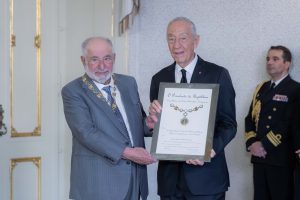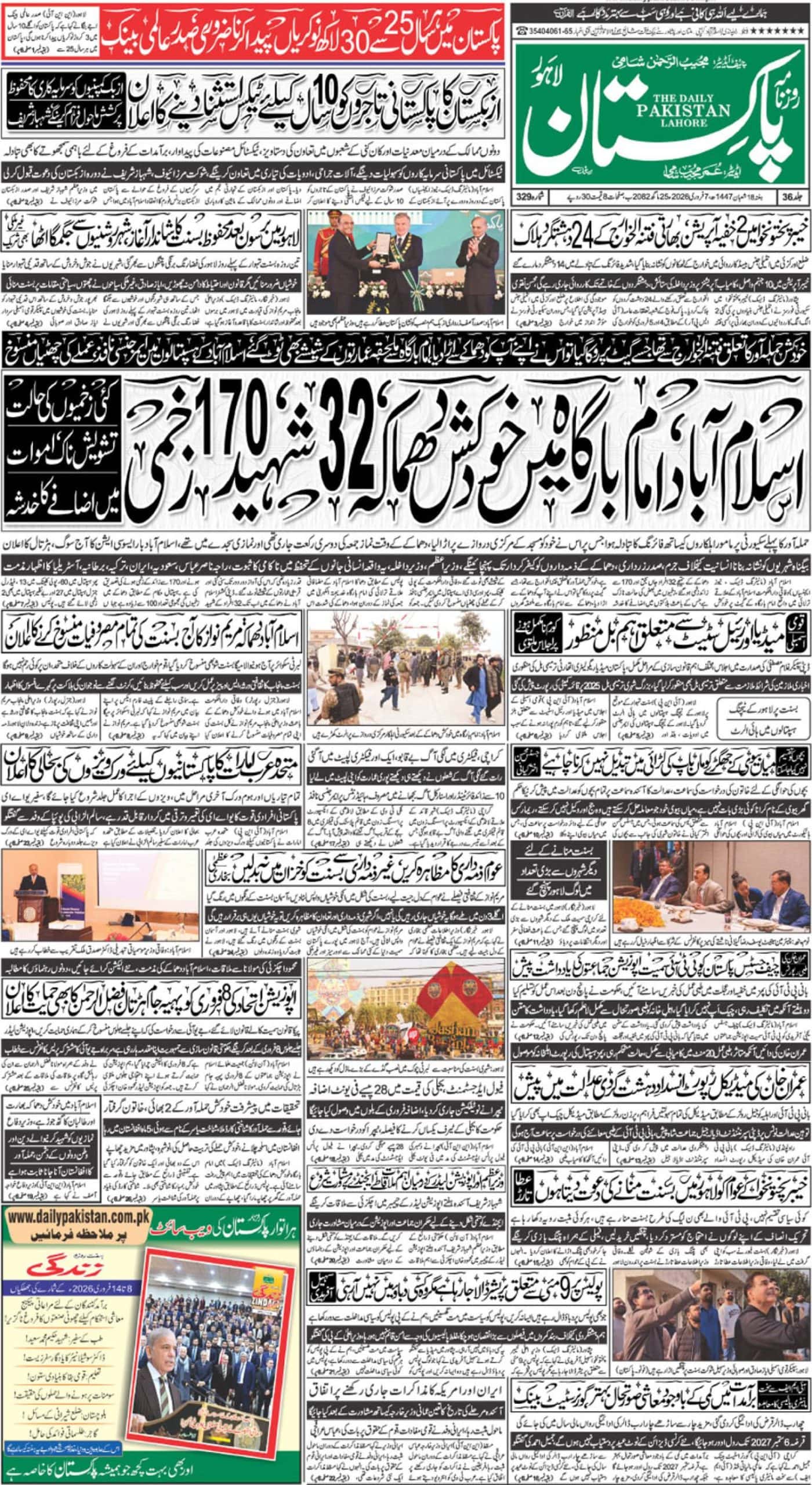SHARJAH – Pearl Initiative, the non-profit committed to promoting corporate governance in the Gulf Region, today announced the results of its survey ‘The State of Governance in Philanthropy – The Gulf Region’, which indicate that regional philanthropic and non-profit organisations believe in the need for enhanced governance practices in their sector.
The survey, run as part of the ‘Governance in the Philanthropic and Non-Profit Ecosystem’ programme in collaboration with the King Khalid Foundation and with the support of the Bill & Melinda Gates Foundation, aims to gather the insights of professionals from regional philanthropic and non-profit organisations on current governance, accountability and transparency practices.
The 50 survey respondents included representatives of family businesses and corporations that regularly engage in philanthropic activities, in addition to foundations and non-profit organisations from across the Gulf Region.

Fifty per cent of the respondents represented foundations that both fund and implement philanthropic programmes, 38 per cent were non-profit organisations that implement programmes using grants and donations while the remaining 12 per cent were donors, or entities that solely provide grants to non-profit organisations.
In line with recent research that demonstrates that the adoption of governance practices is rising across the regional philanthropic and non-profit sector, 61 per cent of the donor respondents say their organisations regard transparency as a foremost consideration.
Echoing that sentiment, 90 per cent of the foundation respondents say they evaluate the impact of their programmes and activities while 86 per cent of the latter report that they follow transparency measures.
Further illustrating the rising momentum of governance issues in the region, over 80 per cent of the donor respondents consider the presence of a board as a key factor in the selection of beneficiary organisations.
Mirroring the donors’ priorities, four out of every five surveyed non-profit organisations report that they have a board in place while 93 per cent of the latter say that they either have established an independent audit system or intend to form one within the following 12 months.
Whereas the regional philanthropic and non-profit sector is increasingly prioritising governance matters,82 per cent of respondents believe that their organisations can further implement governance principles.
Although 85 per cent of respondents from the non-profit organisations consider their employers as transparent, donors are concerned by the tendency of philanthropic and non-profit organisations to share most of their information internally rather than with donors and the public through, for instance, annual reports and data published on their websites.
Speaking on behalf of the Pearl Initiative, Executive Director Carla Koffel said: “The philanthropic and non-profit ecosystem agrees on the importance of implementing good governance practices and have not only taken steps to implement good governance practices but are looking for ways to improve and measure their impact.”
Ms Koffelconcluded: “Our research identifies that this could be done by establishing an open platform for all stakeholders to establish regional best practices in governance, by increasing the evaluation and reporting as well as encouraging effective partnerships and collaboration.”
Mr Robert Rosen, the Director of Philanthropic Partnerships at the Bill & Melinda Gates Foundation, commented: “It is great to see such energy around measuring and demonstrating impact. Building trust and accountability is critical to ensuring a thriving philanthropic sector, and measuring and reporting results of charitable and philanthropic funds is a crucial piece of what builds trust.”
Commenting on the results, Dr Natasha Matic, the Chief Strategy Officerof King Khalid Foundation, said: “I think some of the conclusions we can draw from the results of this survey are that while there is a tremendous regional sense of altruism, there still appears to be a need for more governance elements such as the vision and mission, board, internal controls, and code of conduct to support the management of stakeholders.”
Dr Matic added: “Good governance enables organisations to clearly identify their objectives and ensure that their activities continue to be aligned to their vision and mission and also helps build trust in the organisation and, as a result, form stronger collaborations between entities with aligned interests and objectives.”
In addition to conducting ‘The State of Governance in Philanthropy – The Gulf Region’ survey, the Pearl Initiative engaged with professionals from family businesses, corporations, foundations and non-profit organisations through focus groups to discuss the current governance capabilities of the philanthropic and non-profit sector in addition to the challenges and strategic opportunities facing the adoption of governance best practices.














